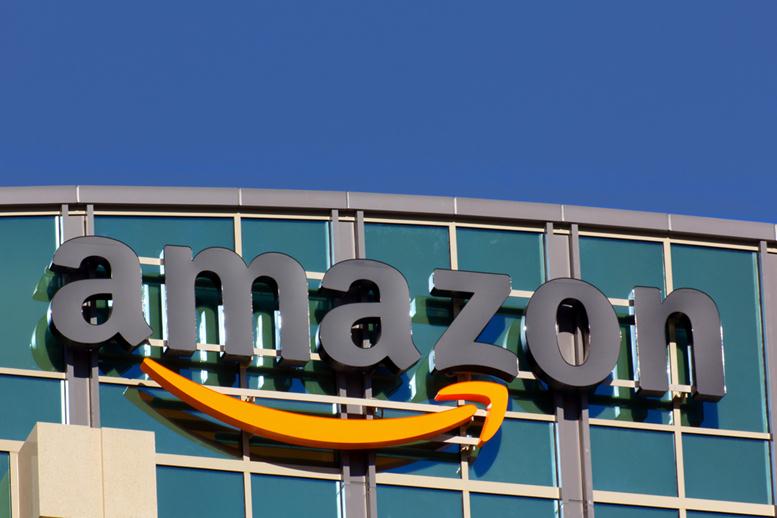When Amazon Inc. (NASDAQ:$AMZN) announced it was accepting bids from cities to build their new headquarters, all bets were off. Now, cities all across the US and Canada are submitting their best plans hoping to earn the favor of the internet giant.
Among the listed potential benefits are local opportunities, potential tax breaks, and regional benefits. One may wonder what Amazon is prioritizing in these bids. Moody’s Analytics, Inc (Privately-Traded) took a look at the numbers and came up with a list of the 10 most likely locations for the new headquarters.
To make their list, Moody’s took a look at six key factors; human capital, quality of life, transportation, geography, cost, and business environment. It then ranked each city and gave them a weight to factor the list.
Seattle, Amazon’s current HQ location, was, of course, excluded.
The prospective project will likely cost $5 billion and will eventually have a capacity of 50,000 Amazon staff members. The proposal deadline is Thursday.
So let’s take a look at the list:
-
Salt Lake City
“Salt Lake has a burgeoning tech industry, a deep and young talent pool, low business costs, and a high quality of life score.”
-
Boston
“The metro division is one of only a few places nationally with a talent pool deep enough to provide the tens of thousands of highly skilled workers sought by Amazon. Boston shares a common labor pool with Cambridge and together the two boast one of the country’s largest tech industries and a world-class system of higher education, anchored by Harvard and the Massachusetts Institute of Technology.”
-
Portland, Oregon
“Favorably located near the scenic Cascades Mountains, Portland has an arguably higher-than-average quality of life: there are low crime rates, more arts theaters, a hub of microbreweries, and bike-friendly streets. With costs relatively cheaper than the Bay Area, Portland stands to attract more tech entrepreneurs and job seekers over the coming years, too.”
-
Miami
“Amazon is a logistics behemoth, and Miami is a leading distribution center — Miami International is the nation’s second busiest airport as ranked by metric tonnes of international freight and PortMiami is the only East Coast port south of Virginia capable of docking the largest ships that can navigate through the recently expanded Panama Canal.”
-
New York City / New Jersey / White Plains, New York
“New York City has become one of the nation’s go-to markets for high tech, hosting major Google, Facebook and Twitter offices. In addition, its so-called Silicon Alley contains a robust startup scene and numerous institutions, including Cornell Tech’s new Roosevelt Island campus. Amazon also has a robust and growing presence in New York City, including plans for a new Hudson Yards office that will create up to 2,000 jobs along and a major Staten Island warehouse.”
-
Pittsburgh
“While somewhat under the radar, Pittsburgh has already been growing as a destination for tech companies. Uber recently launched its autonomous vehicle research institute in Pittsburgh, which it staffed with Carnegie Mellon engineers and scientists, and Amazon is already expanding its footprint in the city.”
-
Rochester, New York
“The metro area features low costs of living, and its world-class research universities support innovation and an educated workforce, especially compared with its Upstate New York peers. The metro area built its reputation as a company town, but Kodak and Xerox are a shell of their former selves, creating a void and a number of large commercial lots that could support HQ2.”
-
Philadelphia
“The downsides in Philadelphia are an inefficient tax structure and significant public sector pension problems. The state has its own fiscal problems, including a structural budget deficit. As a result, whether the city and state are able and willing to offer generous enough incentives remains to be seen. However, overall the upsides in Philly outweigh the downsides. Amazon would be coming to the city at exactly the right moment: A boom is underway but is not so far along that the city is now expensive.”
-
Atlanta
“The metro area has nearly 6 million residents and is a supply-chain hub with a burgeoning tech workforce and is home to Hartsfield-Jackson International Airport, a globally connected port of entry. Not only has Atlanta built superior logistics and adequate fiber connectivity, but it has also become one of the most important professional services hubs in the South, with competitive costs of doing business supporting corporate relocations and expansions and allowing for agglomeration economies.”
-
Austin, Texas
“Austin has a much lower cost of living than places such as Silicon Valley. Even though house prices have been rising and are high for Texas or the South, they are well below those in California or the Northeast. Anecdotally the quality of life is high, and many want to live in the ‘Silicon Hills.’ Further, being in Texas, Austin resides in a business-friendly state that seeks to attract and keep companies.”
Featured Image: depositphotos/wolterke










